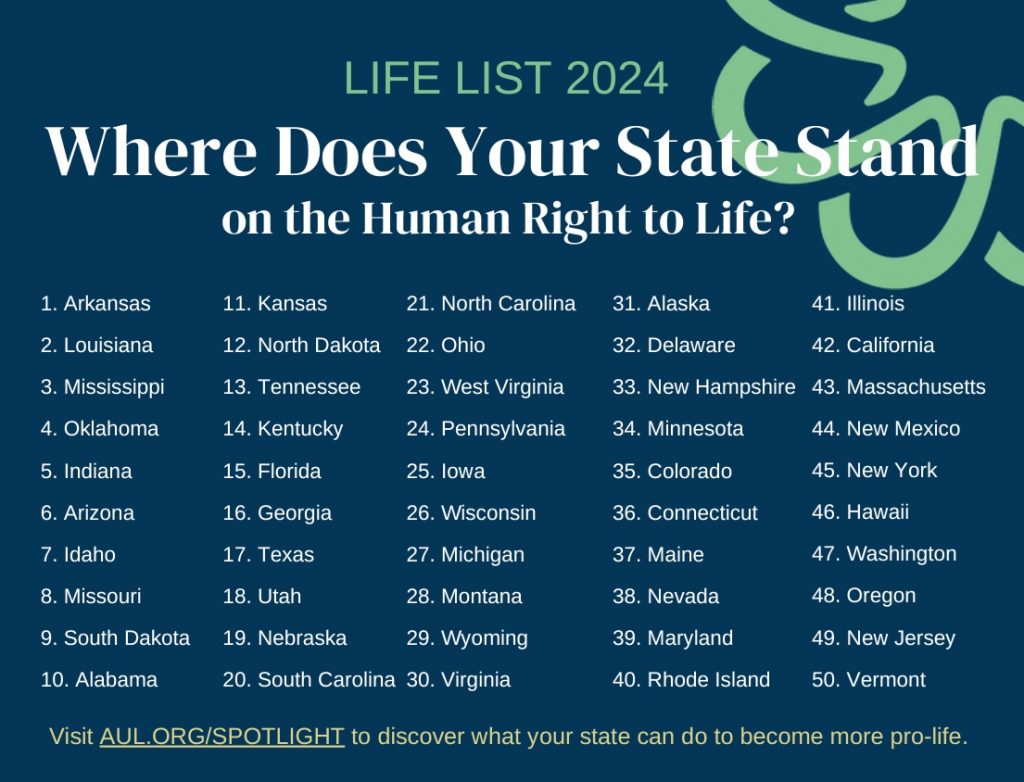VA School Board Member Sworn In Using Sexually Explicit Books
A school board member in Virginia recently went out of his way to insult people of faith by placing his hand on sexually explicit “children’s books” during a swearing-in ceremony.
A school board member in Virginia recently went out of his way to insult people of faith by placing his hand on sexually explicit “children’s books” during a swearing-in ceremony.

A Centers for Disease Control report released this month shows that faith and family are two primary reasons teenagers choose not to be sexually active.
The CDC’s “Sexual Activity, Contraceptive Use, and Childbearing” report surveyed teens between 2015 and 2019, and compared data to similar reports released in previous years.
The CDC’s findings underscore the ways faith and family affect teenage sexual activity.
First, researchers found “the main reason most commonly chosen by female teenagers for not having had sex, among the options provided, was ‘against religion or morals’ (32.5%) . . . Among male teenagers, the most commonly chosen main reason for not having had sex was ‘haven’t found the right person yet’ (35.3%), followed by ‘against religion or morals’ (26.2%).”
In other words, a teen’s religious beliefs play a significant role in whether he or she will be sexually active.
Second, teens who lived in a two-parent household with their biological or adoptive parents were less likely to engage in sexual activity than their peers.
The study also found sexual activity was higher among teenagers who did not live with both biological or adoptive parents.
The researchers concluded,
The probability of having had sex by age 17 was lowest for females who lived with both biological or adoptive parents at age 14 (42%) compared with those who lived in other parental living arrangements (64%–67%). The same pattern held by parental living arrangement for males ages 15–24.
To put it plainly: Moms and dads matter, and they have a profound impact on their children.
This latest report is reminiscent of a 208-page report the CDC released in 2016 regarding teenage sexual activity.
The 2016 report examined sexual activity and health trends among youth. It looked at everything from seatbelt and bike helmet use to substance abuse, diet, exercise, and even tanning bed use.
The 2016 report concluded teenagers who practiced abstinence were healthier in nearly every way than teenagers who were sexually active.
It also determined that sexually-active teens were less healthy and were more likely to engage in risky behavior.
The CDC’s newest report echoes some of these points, noting that, among other things, sexually active teens and young adults face increased risk of sexually transmitted diseases.
All of this underscores the important role that faith and family play in the lives of teens and young adults.
Having a strong faith and a good life at home doesn’t just discourage a teen from having sex. In the process, it also has other positive impacts on that child’s life. That’s something to keep in mind as parents, educators, and policymakers discuss sex-education and related issues.
Articles appearing on this website are written with the aid of Family Council’s researchers and writers.

FOR IMMEDIATE RELEASE
Wednesday, December 20, 2023
Little Rock, Ark. — On Wednesday Americans United for Life announced Arkansas is the most pro-life state in America for the fourth year in a row. The pro-life organization ranks all fifty states based on state laws protecting the unborn, the elderly, the disabled, and the terminally ill.
Family Council President Jerry Cox released a statement, saying, “Today Americans United for Life recognized the many pro-life laws and policies our state has enacted over the years. Arkansans should be proud of their state legislators for passing the best laws in the nation when it comes to protecting unborn children, the elderly, the disabled, and the terminally ill. That’s something to celebrate.”
Cox pointed out that most Arkansans are pro-life and do not support abortion on demand. “Long before Roe v. Wade was overturned, Arkansas’ abortion rate had plummeted to historic lows. Public opinion polling has shown for years that Arkansans do not support abortion on demand, and more than forty pregnancy resource centers around the state help women and girls with unexpected pregnancies. Arkansas is the nation’s most pro-life state, because Arkansans themselves are deeply pro-life.”
Cox noted that making Arkansas a pro-life state has taken a lot of work by many different people. “Arkansas Right to Life has been defending human life for over forty-five years, and Family Council has been at it for nearly thirty-five. Arkansas’ General Assembly has passed close to fifty good, pro-life measures since 2011. Ministers, churches, elected officials, pregnancy resource centers, and everyday Arkansans all have worked tirelessly to make Arkansas the pro-life state that it is today. Being pro-life is about much more than opposing abortion. Now that Roe v. Wade has been overturned and abortion in Arkansas is prohibited except to save the life of the mother, the pro-life movement in Arkansas has entered a new phase. We are shifting our focus to helping women and families with unexpected pregnancies, and we are making sure our laws respect and protect innocent human life at every stage from conception until natural death. We look forward to continuing that pro-life mission in 2024.”
###